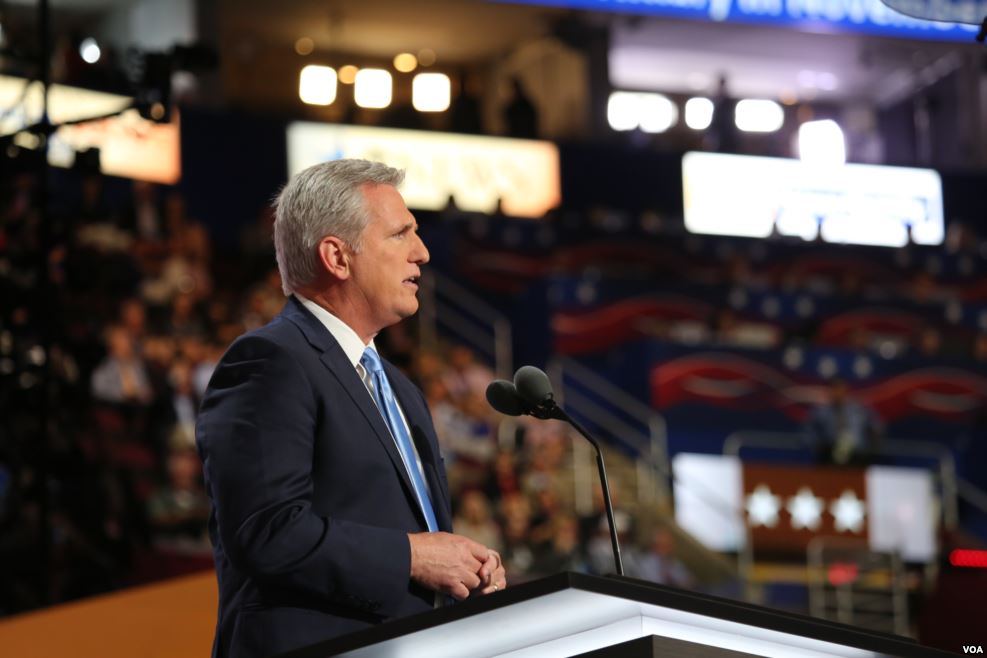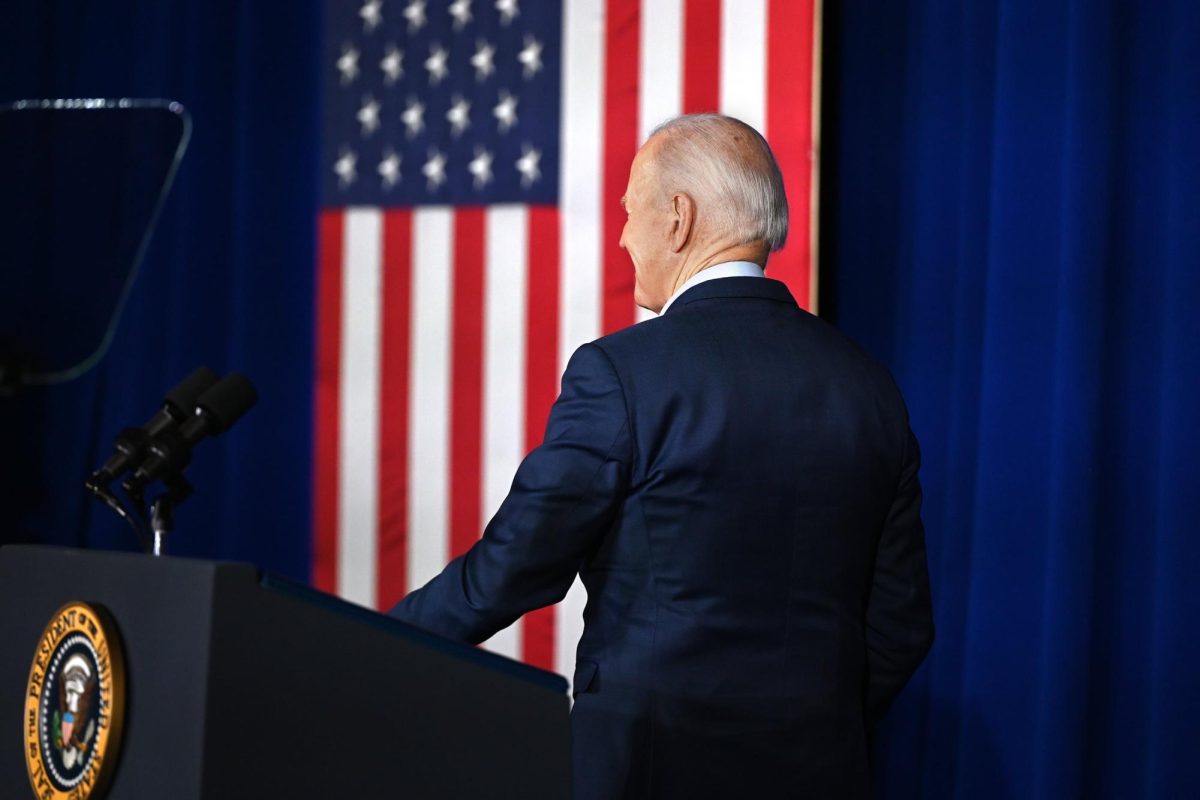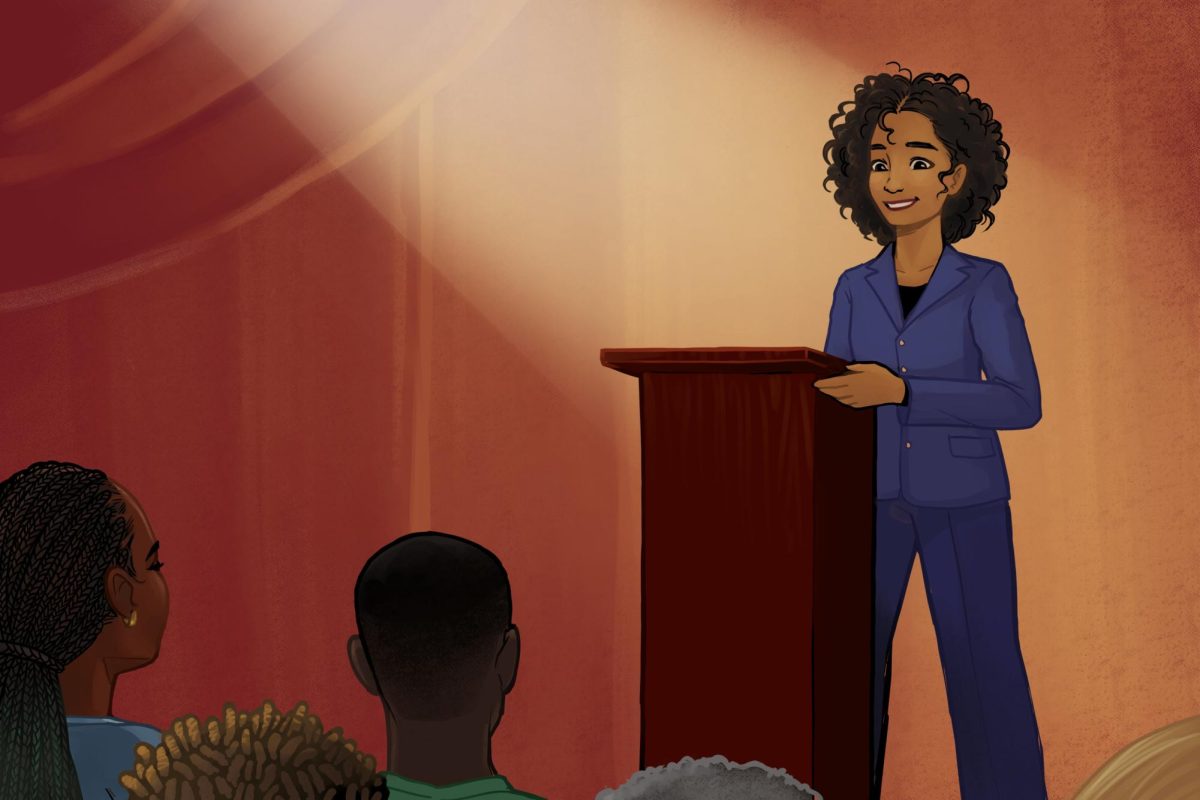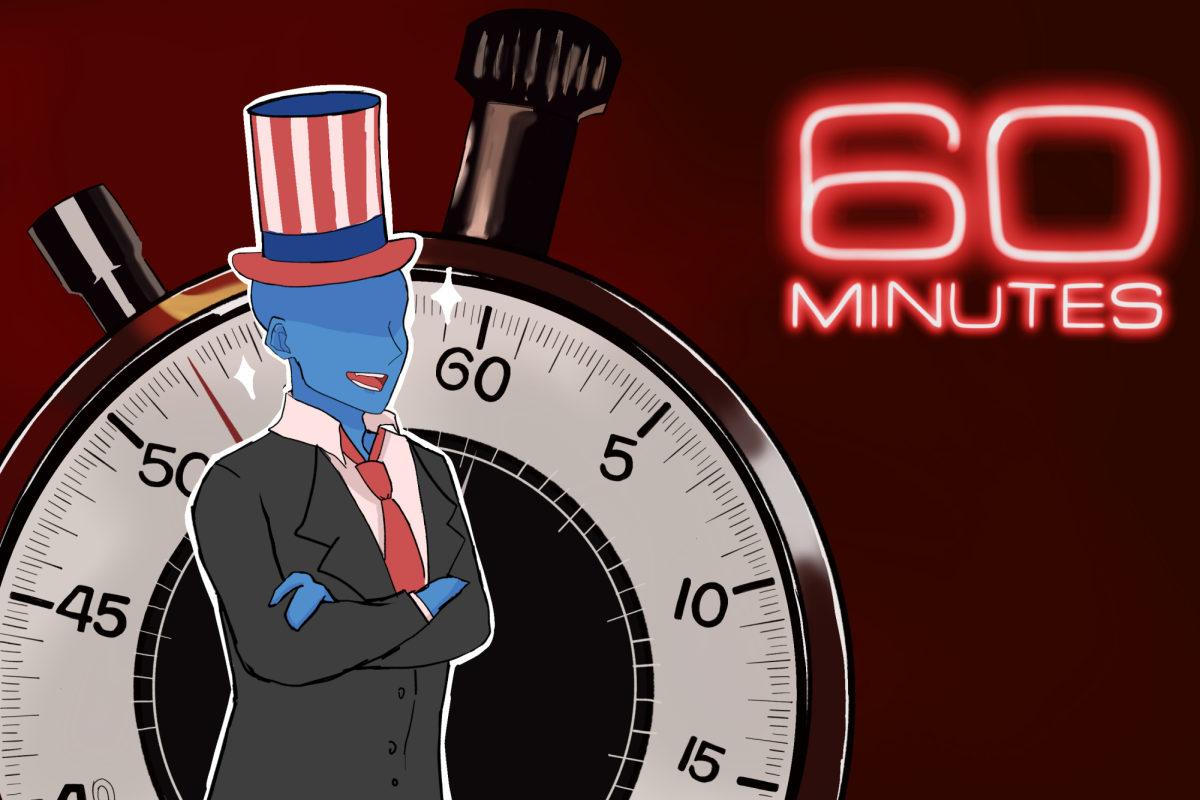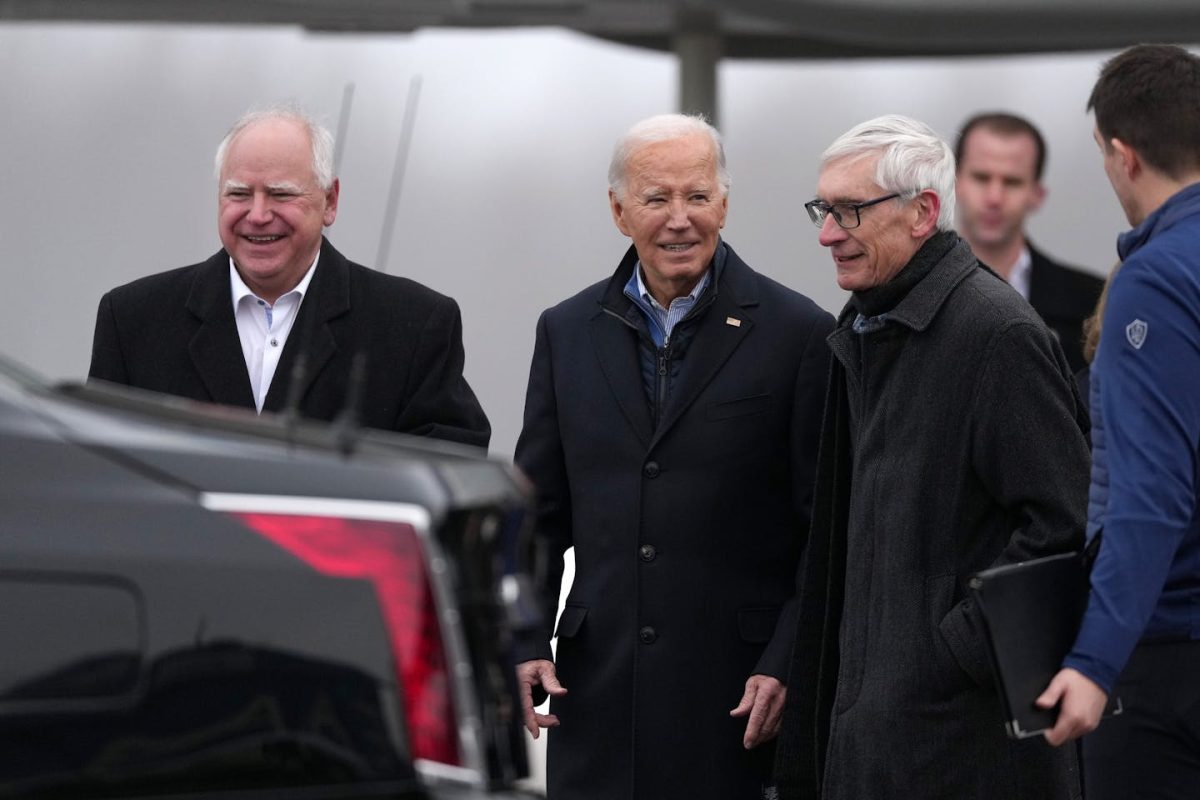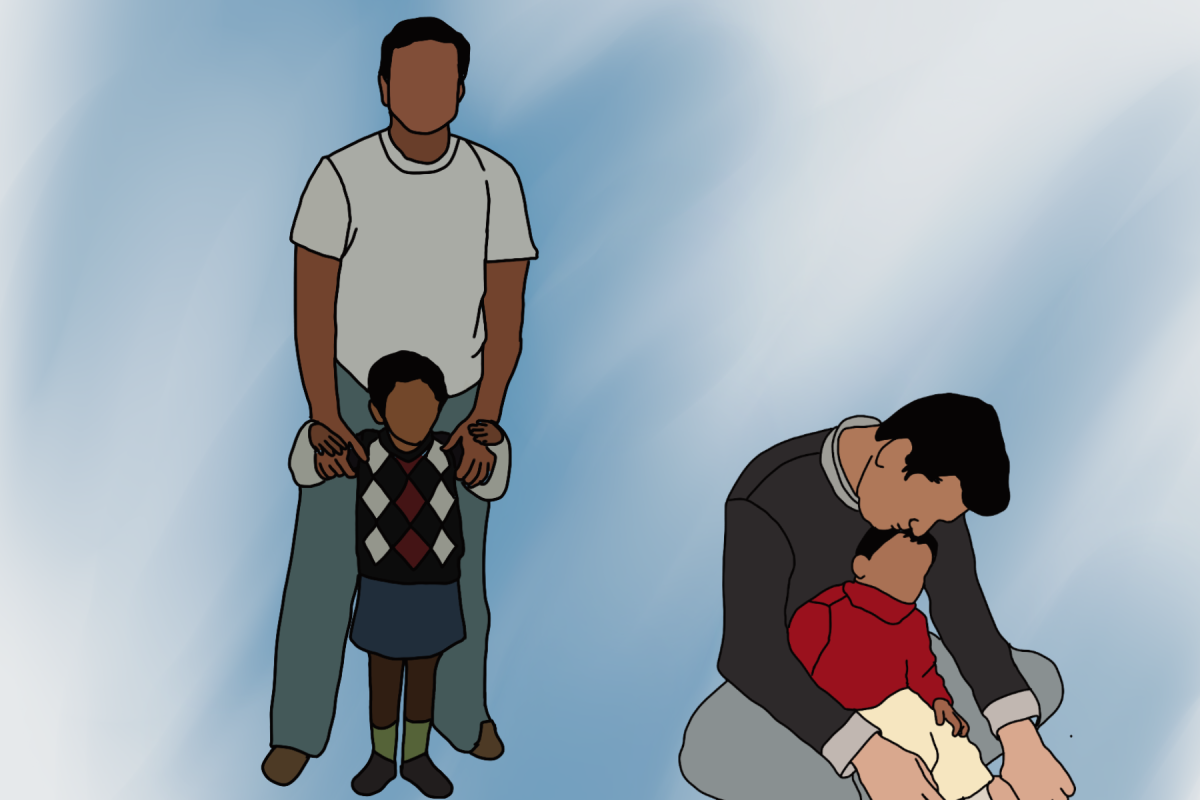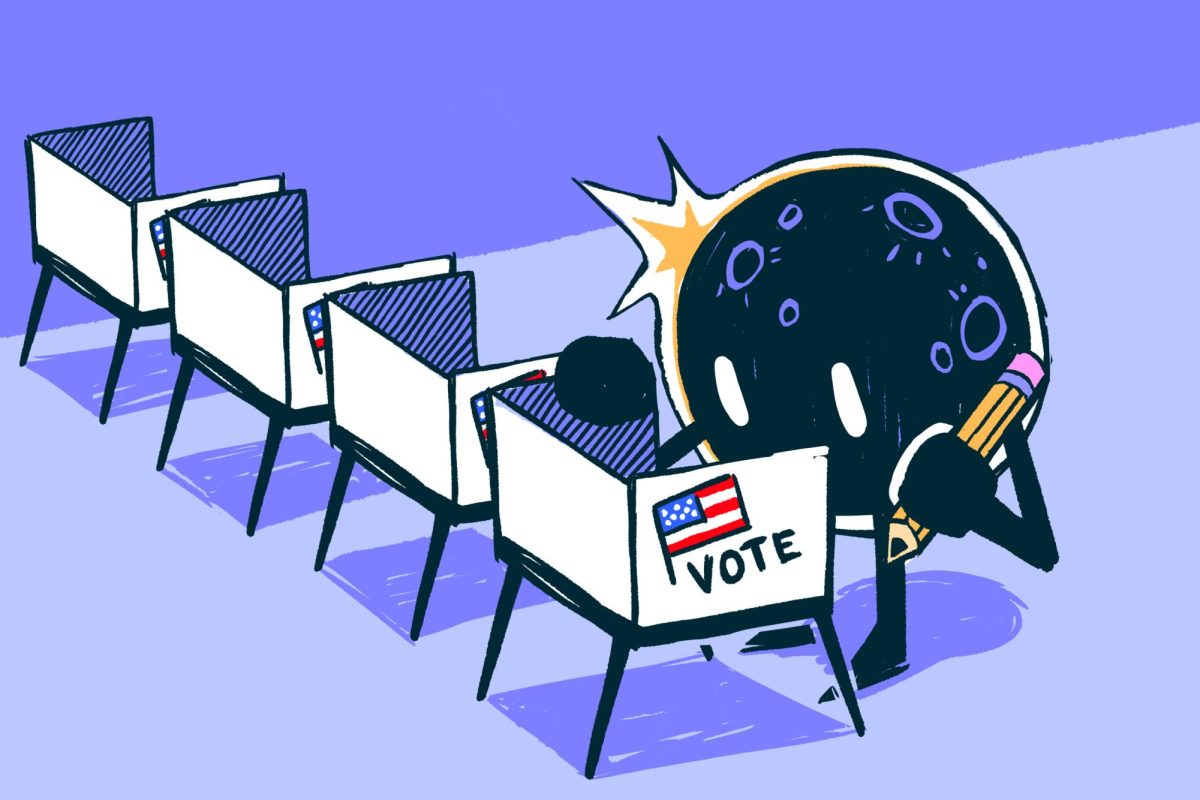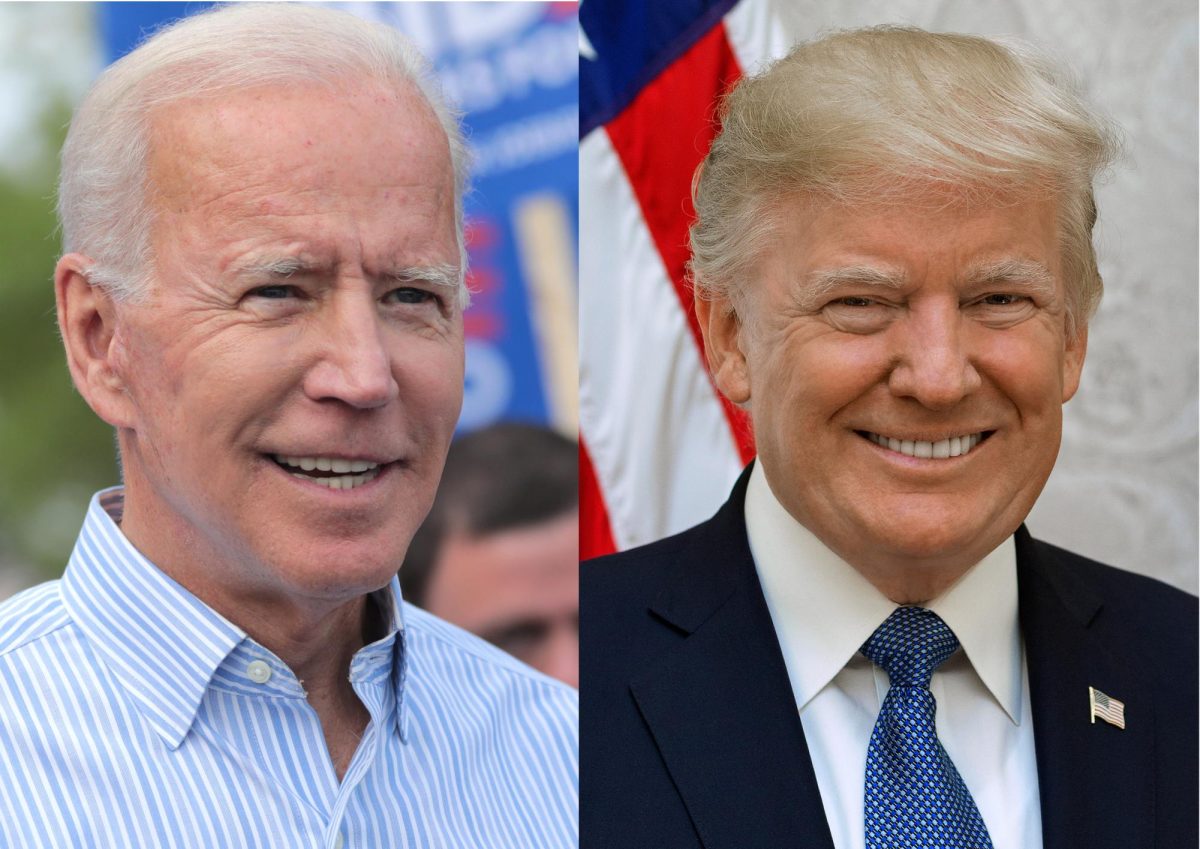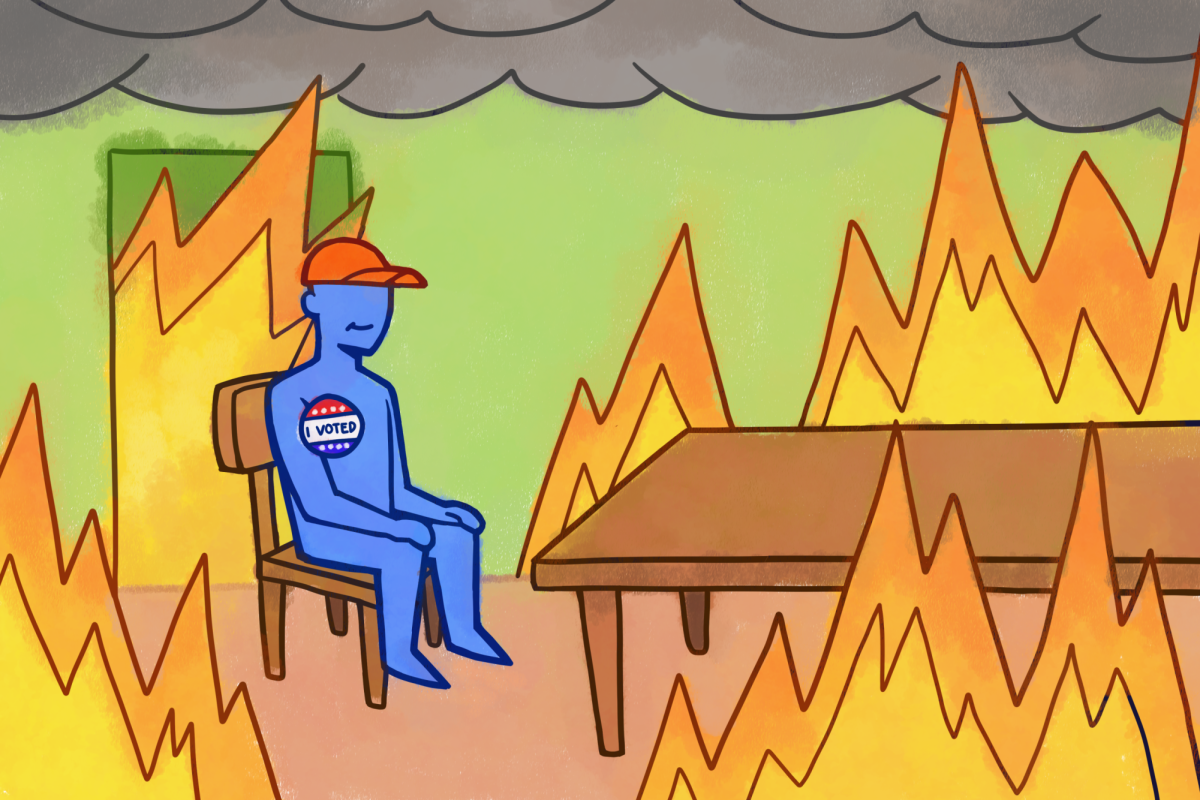In the hallowed halls of the U.S. Capitol, the speaker of the House serves as a critically important figurehead in American politics. The position itself symbolizes power, leadership and the ability to guide the nation effectively.
However, over the course of this past year, we have seen an unprecedented vote-out of an incumbent speaker and, at the time of the writing of this column, gone the longest amount of time without an elected speaker.
Ever since Republicans took majority control of the House of Representatives, the turmoil and indecision within the party itself has reared its ugly head.
When the previous Speaker of the House Nancy Pelosi was ousted as Republicans took over majority control, it was time to elect a new speaker to represent the Republican majority. The majority of Republicans voted for Kevin McCarthy, who was put forth as the candidate. But when the real voting came around, it took a shocking 15 ballots to elect him, the longest the process had taken since 1860.
Now, we find ourselves in a similar situation. At the time of writing, the position has been left vacant for an outstanding 22 days, the longest the country has ever gone without because of political divide since the mid-1800s.
Get The Daily Illini in your inbox!
After Republicans ousted McCarthy, their nominee just nine months prior, they elected Steve Scalise. After Scalise failed to achieve traction, Jim Jordan was nominated. Then after three ballots went nowhere because of 20 Republican holdouts, it was Jordan’s turn to be voted out of the race for speaker.
The GOP’s repeated struggles to secure the necessary votes for their chosen House speaker candidate highlight a concerning pattern. It is evident that this has become a cycle, formed by distrust and doubt within the party.
On the other side of the political spectrum, the Democrats have unanimously backed their nominee Hakeem Jeffries on every single ballot, both during the McCarthy election in January and during the current election.
In a time where there is unprecedented dysfunction within the Republican Party, one might wonder if the political processes we have always had in place are still as effective as they used to be.
Because over 50% of votes need to be for a specific candidate, holdouts due to gridlock are going to continue and potentially worsen, based on the trends we have seen over the past two elections.
This may support an argument for why the process of election by popular vote would be more effective in today’s political climate. If the popular vote was the chosen method to elect the House speaker, either those 20 Republican holdouts would have to get over their differences with Jordan or accept Jeffries.
The current method could be called a formality, allowing opposing representatives to make a ceremonial stand against a candidate, no matter how dire the situation to elect a new speaker may be.
This may have been less of a problem at a time when the world wasn’t in a dangerous position. However, global conflicts internationally highlight the potential fragility of a vacant political position in our country — let alone one that is third in line to the presidency.
To be taken seriously on the national and especially international scale, the United States needs to show that it can elect political leaders effectively. We can’t have discourse on this scale in a time like this, despite concerns on either side that their respective nominees are not good enough.
If we can’t change the Constitution to allow for the aforementioned popular vote method, then instead we need to take a good, hard look at those U.S. representatives who have decided to force the House into an unprecedented vacancy, potentially risking the political security and credibility of the nation, and hold them accountable.
George is a junior in LAS.






